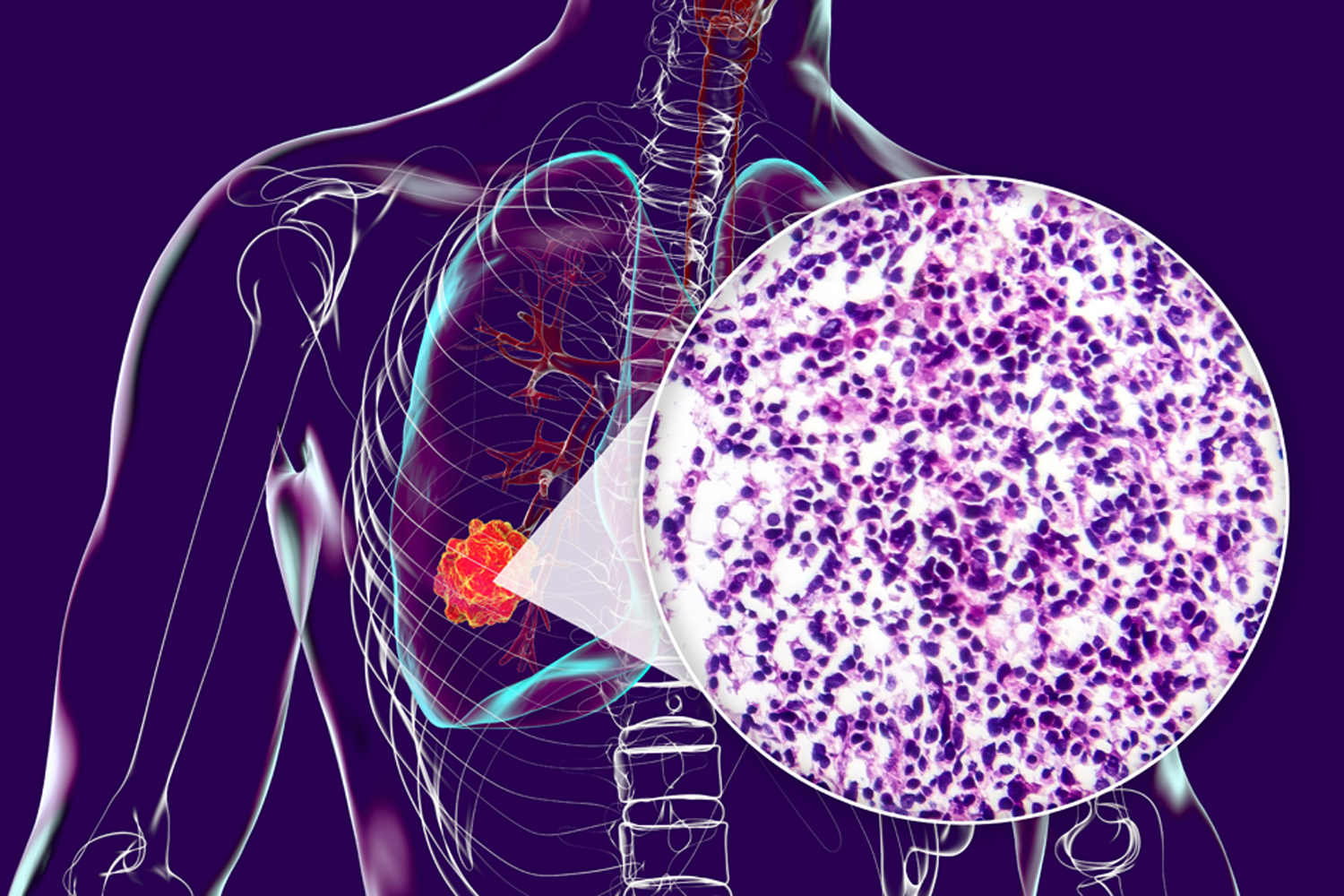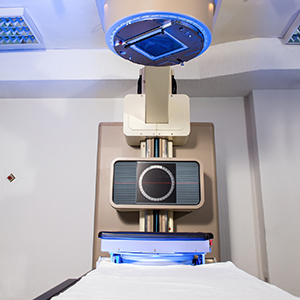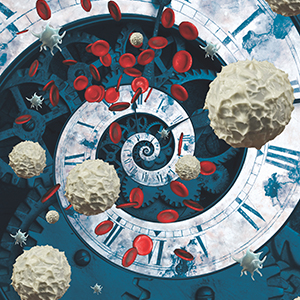-
Forward Look
Do You Know BRCA?Learn more about educational efforts to increase understanding of the 'breast cancer' gene.
by Sue Rochman
-
A Rural Challenge
Nearly 20 percent of Americans live in rural areas, but only 3 percent of oncologists practice in them. Health care providers are establishing rural outposts and using advanced technology to diagnose and treat patients living in the country.
by Charlotte Huff
-
Cancer Comes Out
Members of LGBT community are at greater risk for some types of cancer. And those with cancer face challenges in getting the care and support they need.
by Cameron Walker
-
Healthy Habits
Fruitful ChoicesEating fruits in teen years associated with lower breast cancer risk later.
by Lindsey Konkel
-
Healthy Habits
Prioritize PreventionHealthier lifestyles could cut cancer deaths in half.
by Kendall K. Morgan
-
Forward Look
A Report Card on Active SurveillanceMany men with untreated prostate cancer are not getting proper follow-up.
by Heather Stringer
-
Forward Look
Radiation Appointments Are Numerous, And NecessaryNew study shows impact of missed treatments.
by Marilyn Fenichel
-
Treatment Is Waiting
For patients with chronic blood cancers, the early intervention mantra of cancer does not always apply.
by Sue Rochman
-
The Riddle of Bacteria and Cancer
Bacteria can be friend or foe—or both. Researchers are looking at bacteria to boost the effectiveness of cancer treatments, even if they don't fully understand how the tiny organisms work.
by Stephen Ornes
-
Editor's Letter
Cancer and Watchful WaitingWatching and waiting for cancer to progress can be an alternative to active treatment.
by Kevin McLaughlin
Cancer Talk
Treatment Combination Improves Survival in EGFR-positive Lung Cancer
Adding chemotherapy to targeted therapy improves outcomes for people with advanced EGFR-positive non-small cell lung cancer.
by Sandra Gordon
Lessons From 20 Years Living With CancerMultiple myeloma survivor Jonathan Gluck reflects on uncertainty, and the scientific progress that has kept him living with cancer for more than two decades.
by Eric Fitzsimmons
The Enduring Importance of Cancer Disparities ResearchOpening session from AACR conference highlights how perseverance and adversity have informed cancer disparities research over the years.
by Eric Fitzsimmons
Most Cancer Survivors Don’t Meet Healthy Diet GoalsDespite research linking fruits and vegetables to cancer survival, many people do not change their eating habits after diagnosis.
by Darlene Dobkowski















